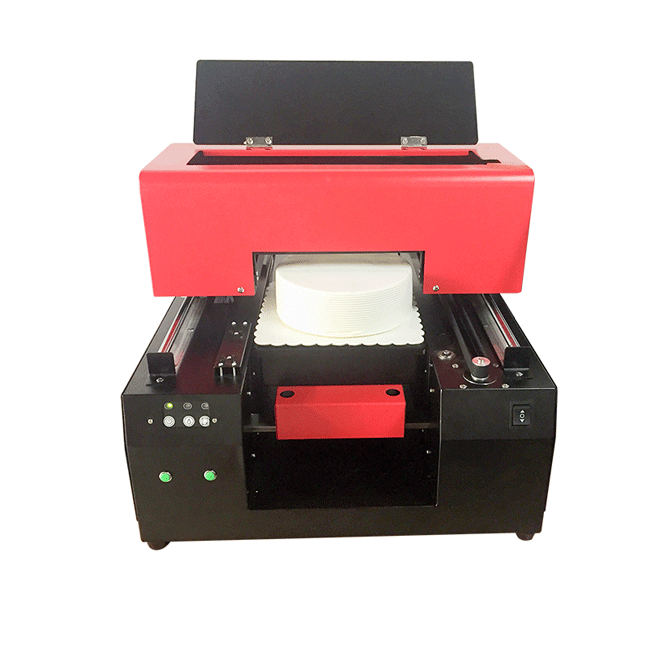Soil organic matter refers broadly to life-derived substances in the soil. Animals, plants, microbial residues and applied organic fertilizers are the main sources of soil organic matter. Soil organic matter content is closely related to the level of soil fertility. It has a great influence on soil properties, crop growth and application of chemical fertilizers, mainly in three aspects:
(1) An important source of plant nutrients. The decomposition of soil organic matter can provide various nutrients for plants, especially nitrogen. Because soil minerals generally do not contain nitrogen, in addition to applied nitrogen fertilizer, the main source of soil nitrogen is provided by the decomposition of organic matter. The carbon dioxide produced by the decomposition of soil organic matter can supply green plants for photosynthesis. In addition, organic matter is also an important source of phosphorus, sulfur, calcium, magnesium, and trace elements in the soil. Therefore, there are many nutrient contents in organic soils, and fertilizers can be used less properly.
(2) Improve soil conservation and cushioning. Organic colloids in soil organic matter, with a large number of negative charges, can adsorb a large amount of cations and water, and their cation exchange capacity and water absorption rate are several or even several times larger than that of the clay, so it can increase soil conservation and water storage. The ability to increase the soil's acid and alkali buffering capacity.
(3) Improve soil physical properties. The viscosity of soil organic matter is far less than that of clay, but only a fraction of that of clay. On the one hand, it can reduce the viscosity of viscous soil, reduce the farming resistance and improve the quality of cultivation; on the other hand, it can improve the agglomeration of sand and improve its excessively loose state. Soil organic colloids are indispensable cementitious substances that form water-stable aggregates, so they contribute to the formation of a good structure of clay soils, thereby changing the soil pore conditions and the ratio of water and gas. In addition, due to dark organic matter, it is conducive to heat absorption and can increase ground temperature.
According to these important properties and effects of soil organic matter, it is not difficult to see that soils with high soil organic matter content have higher levels of soil fertility, which can not only provide abundant nutrients for crop growth, but also have strong soil water retention and fertility, and can reduce nutrients. Loss, save fertilizer use, improve fertilizer utilization. In soils with less organic matter, the opposite is the case. Therefore, organic fertilizers should be added in every possible way to increase the content of organic matter in the soil in order to give full play to the benefits of chemical fertilizers.
Related soil nutrient detection instruments please see: http://?id=50
Easy operation Food Printer with edible ink was manufactured as a homemade printer with economic print head, food printer is customized for entry-level customers and coffee shops. Easy operation, high printing speed and low cost will attract more clients to come. It will creat more value for you.

Name
Food printer
Print head
DX5
Print size
21*38cm
Print color
CMYK+LC LM
Print speed
A4 photo/163s
Printing resolution
5760*1440dpi
Nozzles
90*6=540
Interface
USB2.0
Net weight/Gross weight
35Kg/42Kg
Printer size
57*48*44cm
Height adjustment
Automatic
Working power
110-220V 50-60Hz 35-75W
Operation system
Windows 10/8/7/2000/XP/VISTA eta
Temperature
5-35º
Food Printer
Food Printer,Food Printing Machine,Digital Food Printer,Automatic Food Printer
Shenzhen Refinecolor Technology Co., LTD. , https://www.szcoffeeprinter.com